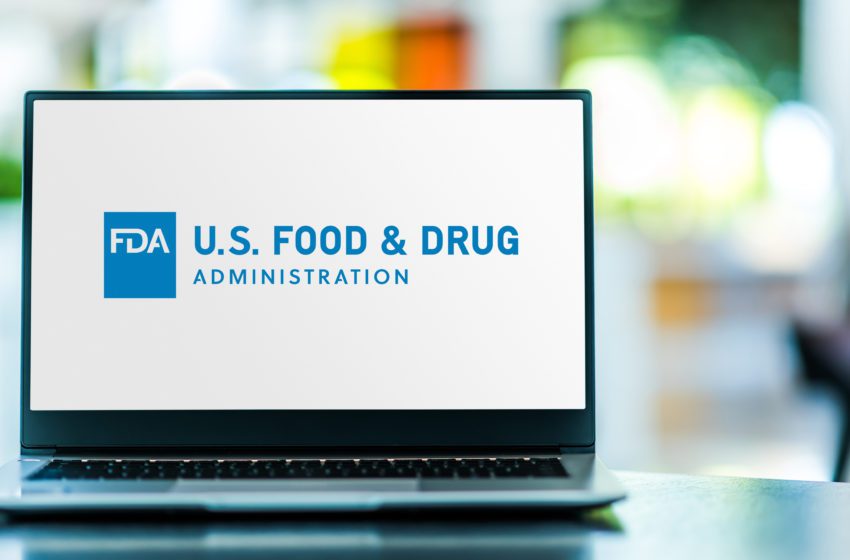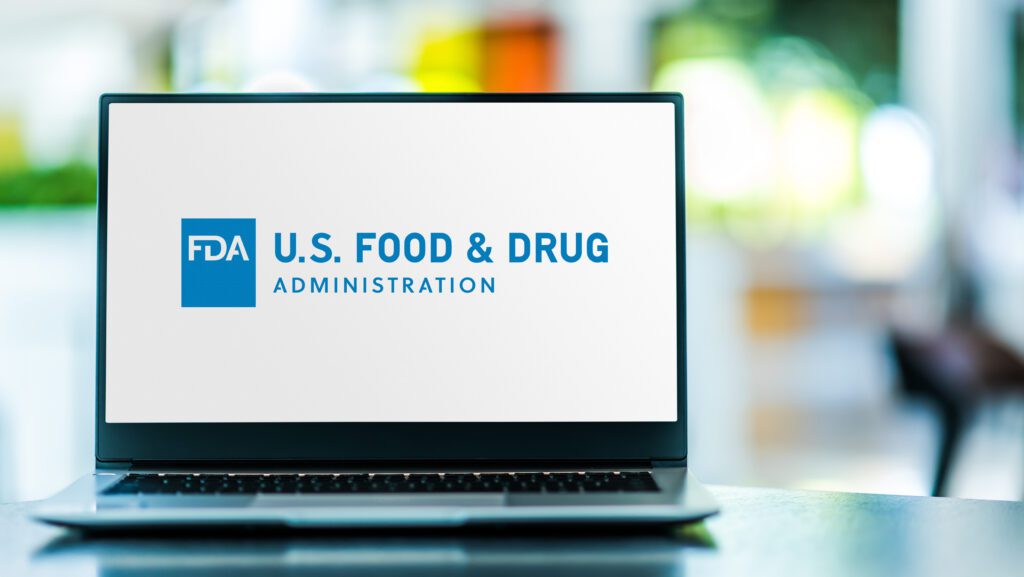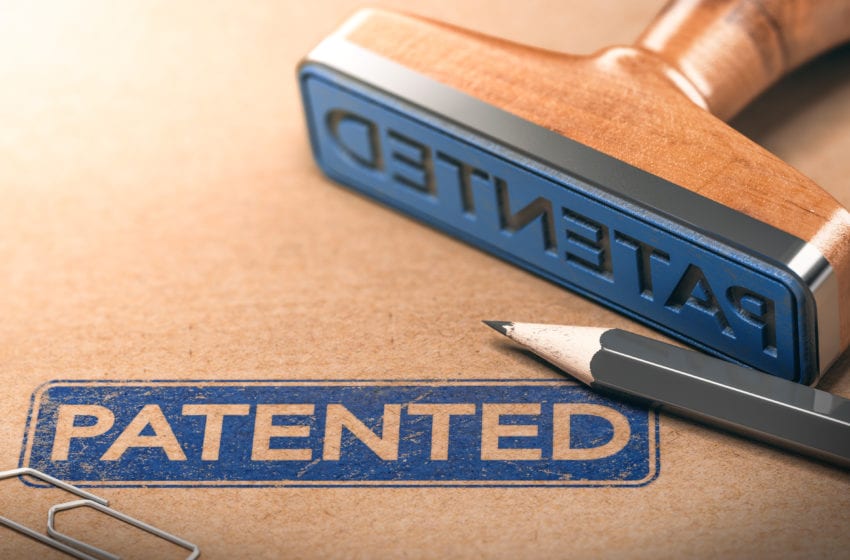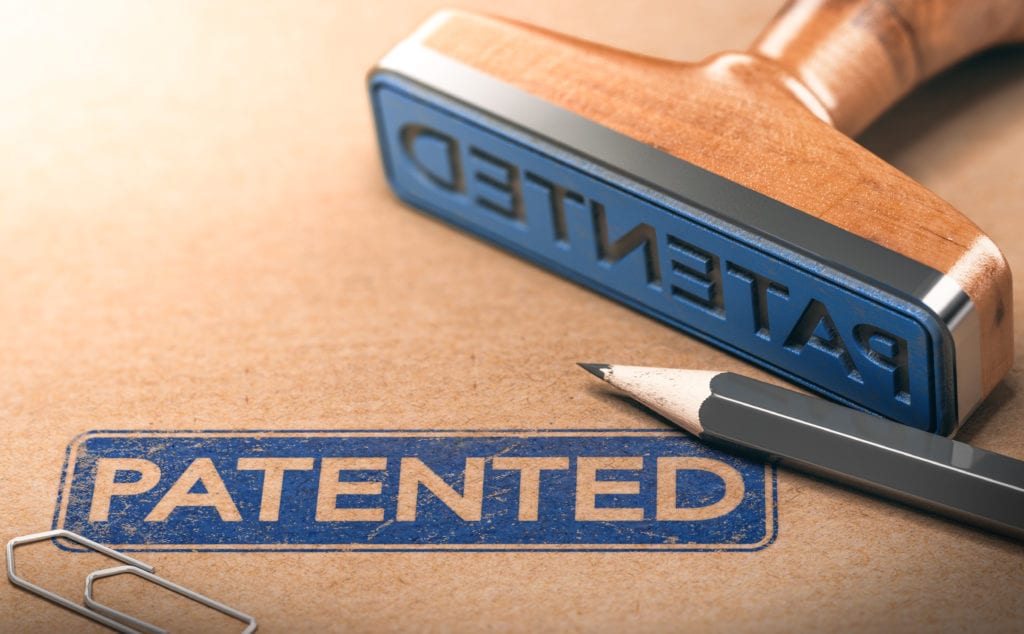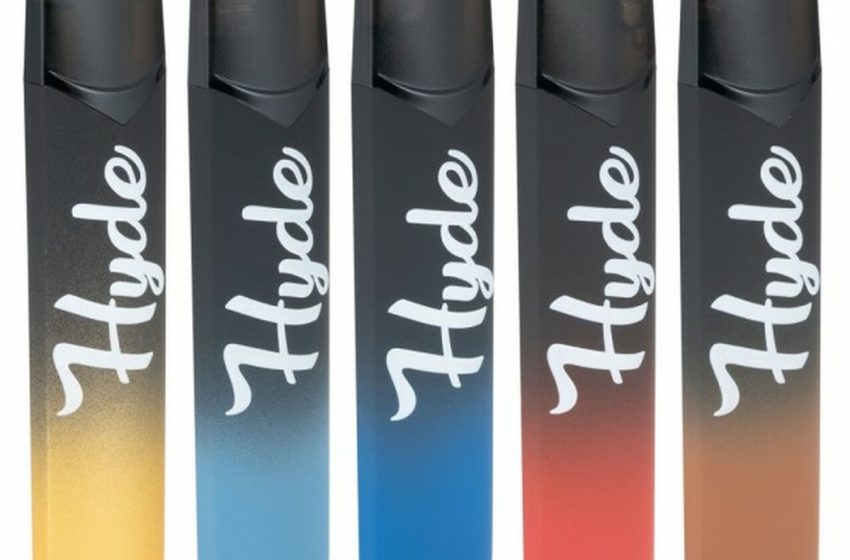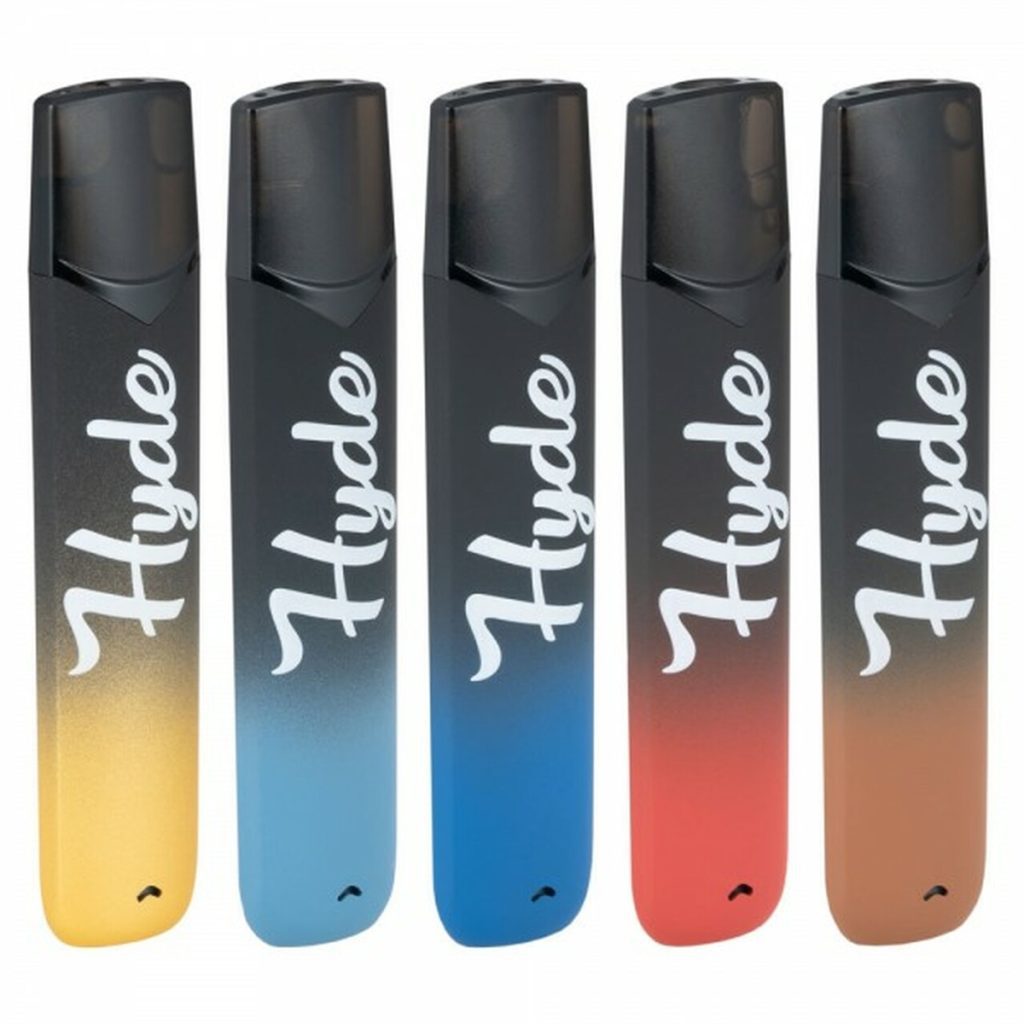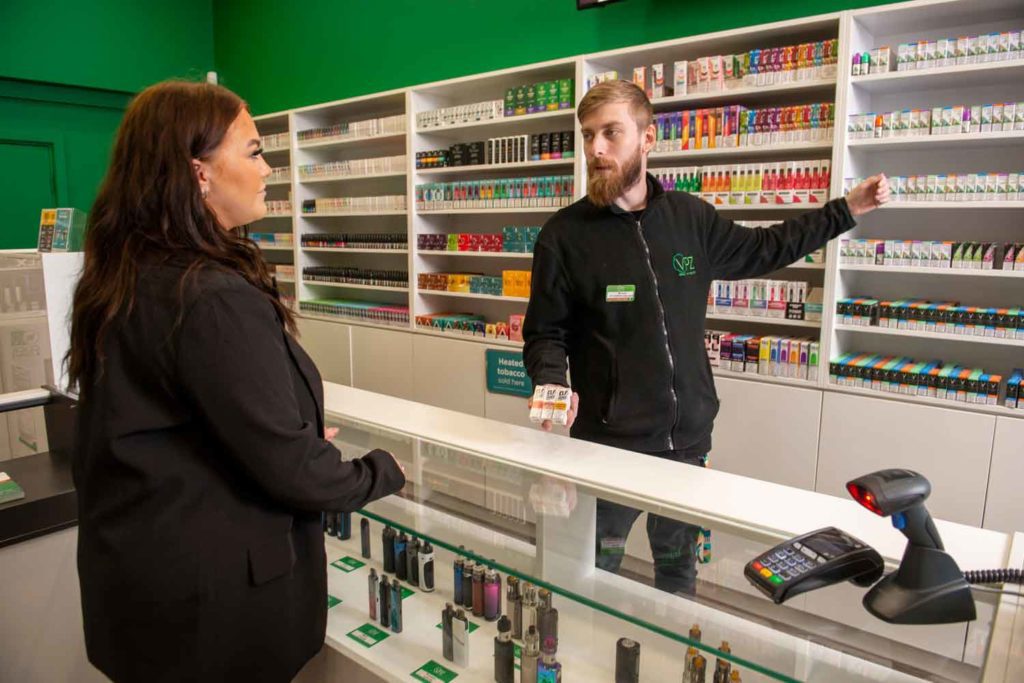
Retail associations have asked the U.S. Food and Drug Administration to provide them with list of e-cigarettes and vape products that are legal to market, reports NACS.
In October 2021, NACS and five other retail associations sent a letter to the FDA asking the agency to publish the names of vapor products for which it has taken action. In their letters to FDA, the associations expressed the critical nature of this list for their retail members who need to know which products are legal to sell and which are not.
The FDA formally responded in January 2022, stating that it understands the retail groups’ request for specific names of products and that the agency is working on updating the list with final actions taken on individual products, including those that received marketing denial orders (MDOs).
“Given the large number of products involved, sharing this information requires additional time and resources so that the Agency does not disclose confidential commercial information (CCI) about products that are not yet marketed,” stated the agency.
In a more recent letter to the FDA, the associations said they “can appreciate the immense task of reviewing millions of applications. However, there remains widespread confusion in the marketplace as to which products can remain on shelves and which need to be removed.”
“While Director Zeller encouraged retailers to contact manufacturers with any questions about products in their inventory, this is not an adequate or fair solution. It places the burden on retailers to verify the marketing status of ENDS and vape products with the manufacturers. Many of our members are small operators who do not have the resources or bandwidth to contact the manufacturers,” wrote the associations.
“Moreover, manufacturers providing a list does not guarantee accuracy or give the assurance that a verified list from the agency would give. These retailers stand to face enforcement if they are out of compliance with the law and the only way to ensure they can comply is if they have a verified list from the agency.”
Renewed support for a list of legal products come after the FDA issued warning letters to 30 retailers, including one distributor, for illegally selling unauthorized Puff Bar and Hyde disposable vaping products. The FDA typically sends warning letters to manufacturers, however, now retailers are facing stiffer scrutiny.
FDA Commissioner Robert Califf said cracking down on disposable products most used by youth is a priority for the regulatory agency. “We’re committed to holding all players in the supply chain – not just manufacturers but also retailers and distributors – accountable to the law,” he said.




